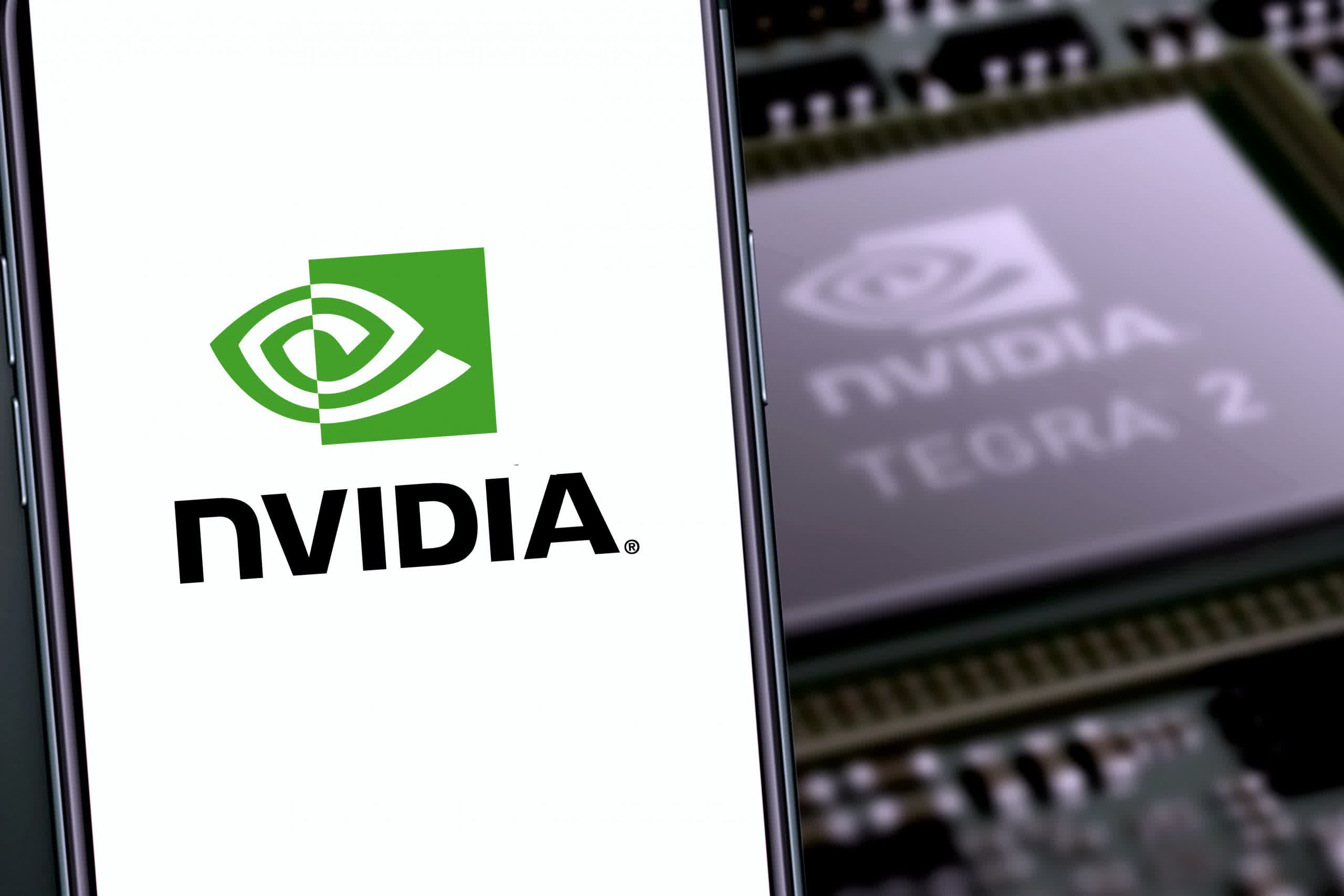Forward-looking: Nvidia has announced it has reached an agreement with SoftBank to acquire Arm Limited, in a transaction worth $40 billion. While Nvidia will take possession of Arm and its lucrative IP portfolio, the transaction does not include Arm's IoT Services Group, which will remain with SoftBank. Additionally, SoftBank will continue to remain invested in Arm through its shareholder stake in Nvidia, which is expected to come in under 10 percent. More details to follow.

Analysis: Nvidia purchase of Arm completely resets semiconductor landscape
Follow-up: It's official: Nvidia is acquiring Arm
After weeks of speculation about the future of ARM, it seems a deal is about to be struck between SoftBank and Nvidia, allowing the GPU maker to acquire ARM in what would be one of the most expensive tech acquisitions in history. Any such deal involving tech giants is guaranteed to be met with regulatory force, but Nvidia is likely betting it can assuage lawmakers and regulators.
Largest tech deals in history
| Company | Acquisition | Price | Year |
| Dell | EMC | $64 billion | 2015 |
| Avago | Broadcom | $37 billion | 2015 |
| IBM | Red Hat | $34 billion | 2018 |
| Softbank | ARM Holdings | $31.4 billion | 2016 |
| Microsoft | $26.2 billion | 2016 |
According to a report from The Wall Street Journal, SoftBank and Nvidia are nearing a deal for the graphics giant to acquire ARM for $40 billion in a cash and stock transaction. SoftBank acquired Arm for around $31 billion in 2016, and in recent months has been looking to offload the chip design and IP company in an effort to mitigate losses. Nvidia has increasingly emerged as the most interested party.
While the terms of the deal have yet to be revealed, an official announcement could come as early as next week. The deal will undoubtedly come under scrutiny and be subject to regulatory approval. Arm's co-founder has previously said that an Nvidia acquisition would be a disaster, and that Arm should be brought back home to the UK.
One key concern stemming from an Nvidia acquisition is retaining ARM's neutrality in licensing its chip designs and IP. SoftBank isn't a chip maker, and as such, isn't competing with other manufacturers like Samsung, Apple, Intel, Broadcom, and Qualcomm, just to name a few -- all of whom are ARM licensees.
Nvidia controlling access to such an important and broad ecosystem that the industry relies on could be seen as a conflict of interest and is bound to raise concerns.
Nvidia has shown that it wants to continue its vertical integration and forge ahead in high performance compute, AI, data center infrastructure, and supercomputers. They've made several acquisitions in an effort to scale its ambitions across not only its GPUs, but also its software stack and networking. Nvidia recently acquired Mellanox Technologies and Cumulus Networks, and brought them under the Nvidia Networking brand. The end goal is the desire to more tightly couple Nvidia's HPC platforms with networking hardware and software.
Nvidia wants to do the same with GPUs and CPUs -- except it lacks any CPUs of its own. Bringing in ARM under its umbrella may allow them to compete for lucrative exascale supercomputer contracts that Intel and AMD are enjoying. Recently, ARM-based supercomputers have made more of a splash, with Japan's Fugaku supercomputer dethroning IBM's Summit as the world's most powerful supercomputer.
Nvidia has its line of Tegra SoCs, and others, that have historically leveraged ARM's instruction set and Cortex-Axx series of CPUs, but that's not the same has having custom CPU and GPU design under the same roof.
Having its own CPU design in-house would allow Nvidia to better conjoin ARM CPUs to its GPU accelerators, and put it on a more level playing field with Intel and AMD. Nvidia already announced it'll bring Cuda to ARM and enable Nvidia's full stack of HPC software within the ARM ecosystem. Custom ARM CPUs could be the next step, as far as Nvidia is concerned.
We likely won't have to wait long to see how this development plays out, and if it does, it will be one of the biggest tech acquisitions in history and have a serious ripple effect on the semiconductor industry.
Image credit: Daniel Constante
https://www.techspot.com/news/86722-softbank-reportedly-closing-40-billion-sale-arm-nvidia.html